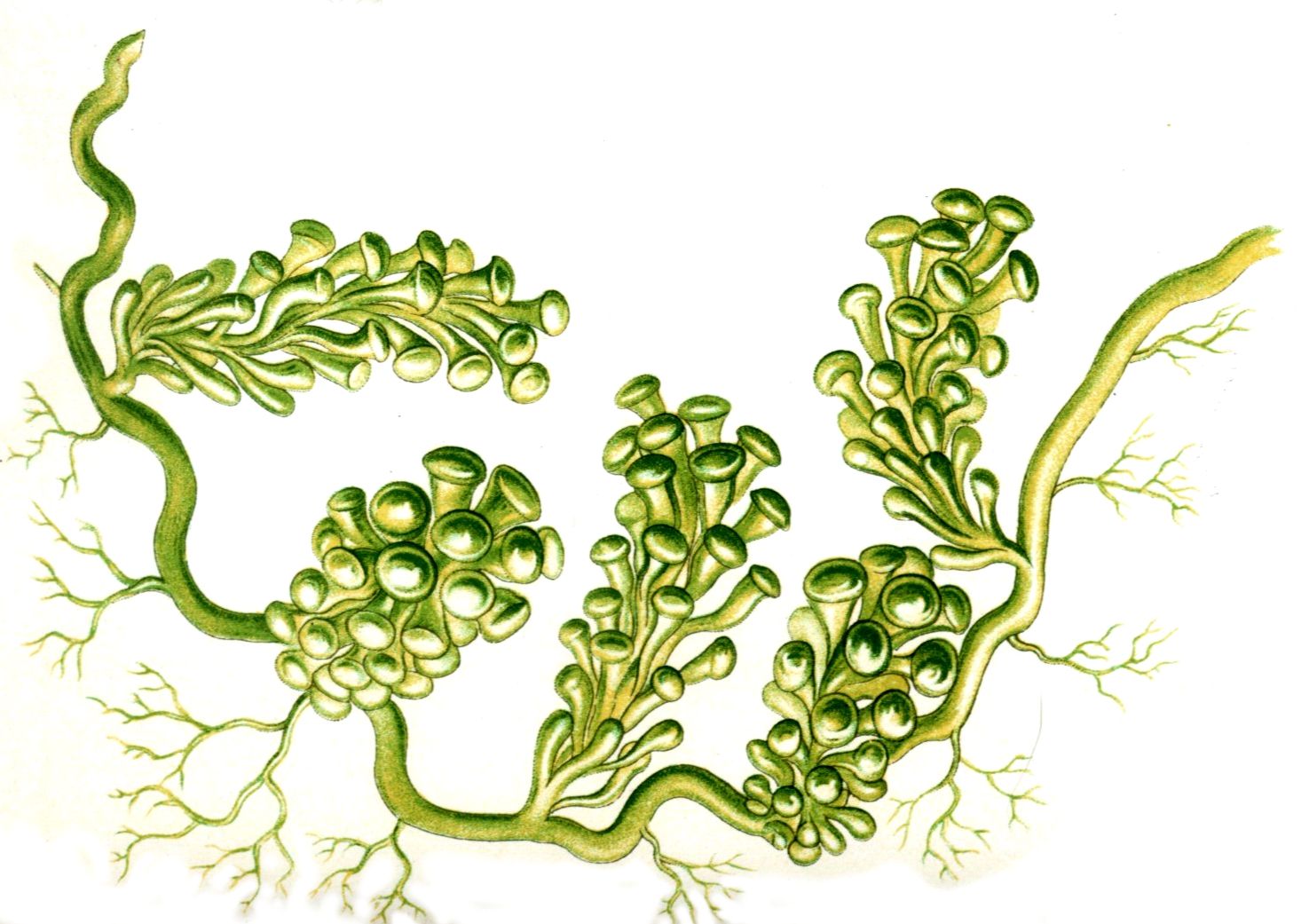About ICIMOD
The International Centre for Integrated Mountain Development (ICIMOD) is a regional intergovernmental learning and knowledge-sharing centre founded in 1983. It serves eight countries of the Hindu Kush Himalaya region: Afghanistan, Bangladesh, Bhutan, China, India, Myanmar, Nepal, and Pakistan.
ICIMOD works to improve the lives and livelihoods of mountain communities by promoting regional cooperation and sustainable development. Its mission is to foster partnerships among member countries to secure a better future for the people and environment of the HKH region.
The organisation supports research, policy development, and innovation in areas such as climate change adaptation, biodiversity conservation, disaster risk reduction, and transboundary landscape management
Mission and Vision
ICIMOD’s mission is to foster partnerships among member countries to secure a better future for the people and environment of the HKH region. It envisions a resilient and inclusive mountain society supported by knowledge and innovation.
ICIMOD and HKHBIF
ICIMOD hosts the Hindu Kush Himalayan Biodiversity Information Facility (HKHBIF), a regional node of GBIF. Through HKHBIF, ICIMOD mobilises biodiversity data and strengthens regional capacity for conservation and sustainable development.
Partnerships
ICIMOD collaborates with national governments, international organisations, research institutions, and local communities to drive innovation and knowledge sharing.
Living Mountain lab
The Living Mountain Lab (formerly known as the ICIMOD Knowledge Park at Godavari) is a training and demonstration centre established by ICIMOD in 1993. Located in Godavari, Lalitpur, Nepal, the Lab spans 30 hectares and serves as a practical extension of ICIMOD’s research and innovation efforts.
Its primary goal is to promote sustainable mountain development by testing, showcasing, and disseminating technologies and practices that support climate change adaptation, biodiversity conservation, and improved livelihoods in the Hindu Kush Himalaya (HKH) region.
Key Features
- Demonstration of sustainable agriculture and renewable energy technologies
- Training programs for farmers, practitioners, and students
- Repository for plant germplasm and biodiversity resources
- Community outreach in the Phulchowki watershed
- See more …


.jpeg)